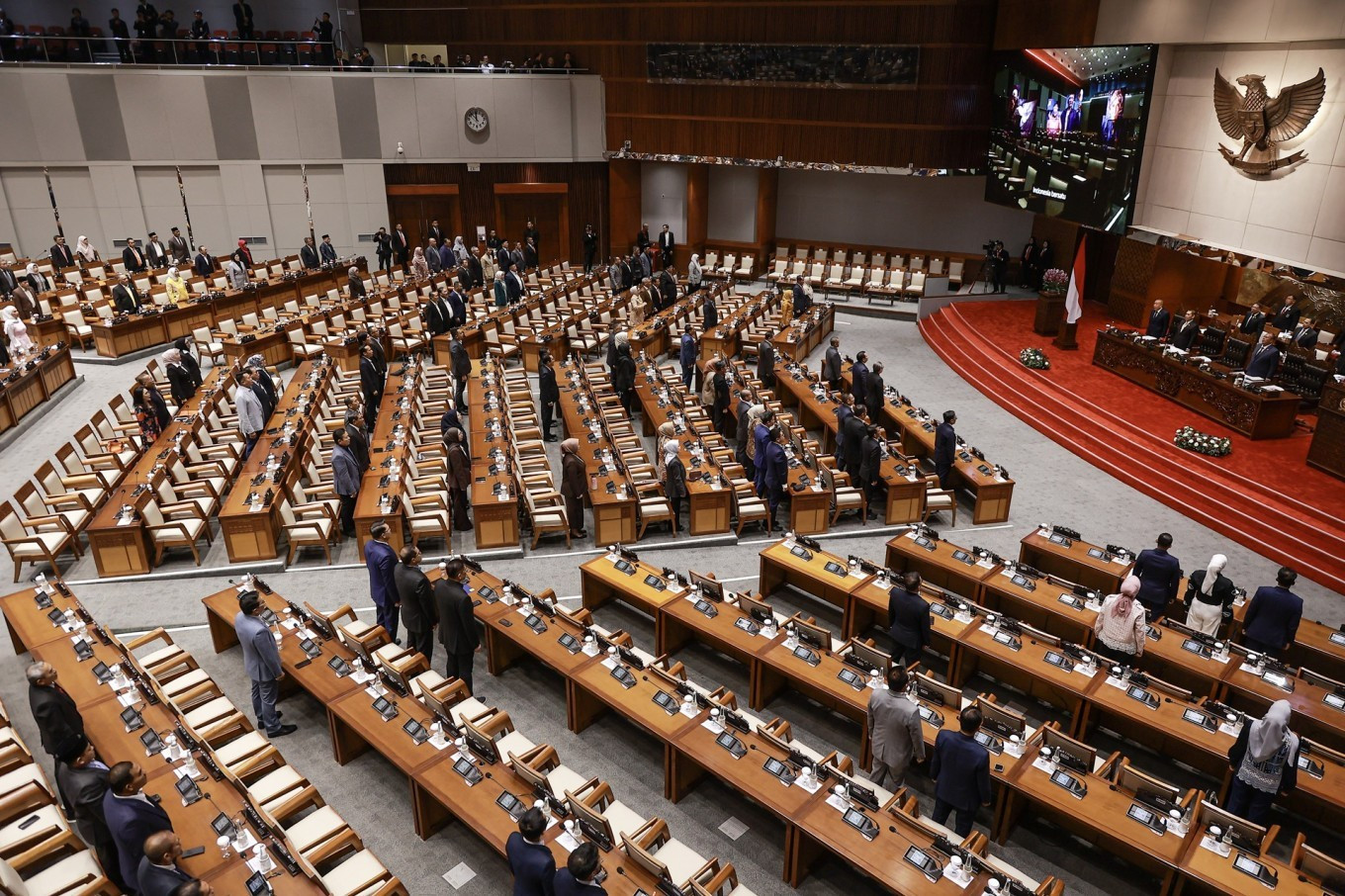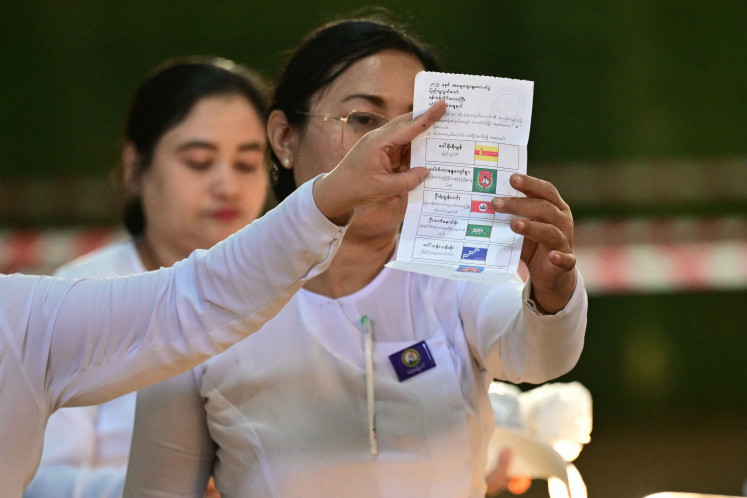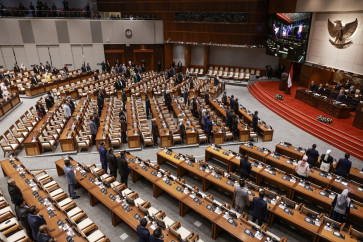Popular Reads
Top Results
Can't find what you're looking for?
View all search resultsPopular Reads
Top Results
Can't find what you're looking for?
View all search resultsAnalysis: House doubles down on controversial high recess budget
Change text size
Gift Premium Articles
to Anyone
T
he House of Representatives' recess budget has nearly doubled this year, despite mass protests over what the public views as lawmakers' excessive housing allowance amid economic hardships and ongoing calls for budget efficiency. Such budgetary controversies will likely persist, given Indonesia's long-standing tradition of poor accountability in public spending.
For fiscal year 2026, the House's total budget has surged to Rp 9.9 trillion (US$600 million), a 47.8 percent increase from Rp 6.69 trillion previously. House Deputy Speaker Sufmi Dasco Ahmad acknowledged the increase in recess funds, noting that each lawmaker would now receive Rp 702 million per recess, compared to Rp 400 million per member of the 2019-2024 House.
However, evidence circulated recently of a Rp 756 million transfer to each lawmaker in August 2025, instead of Rp 702 million. According to Dasco, this was the result of an error by the House Secretariat General.
A recess is when lawmakers conduct activities outside the legislature, meeting constituents and gathering their aspirations through regular work visits to their districts.
Dasco justified the increased recess budget by citing a rise in the number of locations lawmakers were required to visit. He added that the House was now tightening reporting requirements via a new app. Intended to improve accountability, the system requires members to log the location and type of activity and upload related documentation of each visit, including any results.
The recent demonstrations in August–September were triggered by lawmakers' high take-home pay, as determined by a new budget structure for 2025 agreed by the House Secretariat General and the Finance Ministry. The mass protests, many of which turned violent and—in some cases—targeted officials' private residences, were initially triggered by the new housing allowance of up to Rp 50 million per month that was introduced to replace the provision of official residences.
Following public backlash, the housing allowance was abolished on Aug. 31, but the communications allowance was increased to partially offset the cut, though the total amount remains smaller.



















